Beginner's Breath
Back to Kindergarten... yet again! This past month I have embarked on a most fascinating and unsettling journey into the breath. Now, you may think, “Why does Robin, who has been studying, practicing, and teaching breathing techniques for nearly 30 years, need to journey into the breath?” The reason is that in spite of the multitude of yoga pranayama practices I’ve practiced over the years, I’d become increasingly more breathless, agitated in my sleep at night to the point of fairly severe apnea, and my chronic cough had become a daily, unwelcome companion.
Determined to unravel the reasons for this downturn in my health, I looked within my yoga community for an alternative solution and found it in a long-time yoga student and friend, Pippa Kiraly. Pippa cured herself of severe asthma at the age of 65, utilizing a little-known breathing technique called the Buteyko Method. The difference in her health and the freedom it afforded her - freedom from inhalers and steroidal support - allowed her to go trekking in Nepal for her 70th birthday! Now in her 80’s, Pippa is a vibrant and enthusiastic teacher of the breath, and in a beautiful reversal of roles I am her student. In three weeks of working with Pippa, I’ve already experienced more restful and quiet sleep, a 70% reduction in coughing and an overall stability in my energy throughout the day as well as respiratory calm when exercising. My husband Peter in fact has had to poke me on a few occasions to ensure the silent sleeping beauty beside him was still breathing at all!!
While I’m intrigued and completely dedicated to this process, I’m also baffled, because this methodology is a completely paradoxical paradigm to everything I’ve learned about the breath from my yoga teachers!!! The essence of the practice is less breath = better health. On the one hand, that is very much in alignment with the root teachings of yoga that call for us to ‘conserve and contain our prana’. However, the methodology I’ve learned to get to that end has been a progressive deepening, lengthening of the breath and increase in tidal volume. The more I practice the Buteyko technique and read about respiration the more I question whether the ancient yogis intended for us to breathe deeper and harder - or were instead calling for us to refine the breath to be more ‘subtle’, much the way I’m learning from Pippa.
The idea of over-breathing is at the heart of Buteyko and is a foreign concept to most of us, who have held firm to the belief that more breath is ‘more better’. How could breathing too much be a problem? Well, as it turns out, over-breathing is correlated with multiple health issues such as: chronic fatigue, asthma, chronic cough, digestive issues, systemic inflammation (including allergy and histamine reactions) and sleep disorders including snoring, apnea and restless leg syndrome. As I’m learning, the breath is so keenly tied to metabolic function that if the ratios of O2 and CO2 are off by even a small percentage, weight loss can be impacted and the functioning of all the vital organs can be compromised. So, while I felt that I ‘understood’ the breath before, I feel as if I’m truly coming to ‘know’ it for the first time. Back to kindergarten for me!
There is much more to be said about this - and I’ve only just begun what I imagine to be a life long practice in retraining my breathing centers to function normally. It’s a bit disconcerting to think that perhaps my yoga practices have furthered the imbalance in my system and induced a habitual pattern of over-breathing - and that I have passed that mis-information on to my students. I’m currently in the throes of rehab; renouncing my long, slow, deep breaths is akin to an alcoholic giving up booze. Given that we breathe 15,000-20,000 times in a 24 hour period, it requires constant vigilance, remembering to take my medicine all day and all night long without missing a dose. To say it’s the most challenging practice I’ve ever embarked upon is an understatement. I’d also say it’s the most powerful, healing ‘medicine’ I’ve experienced - with immediate positive results.
What I feel able to share with you at this time with confidence is that nose-breathing 24/7 is critical to physiologic health and mental clarity, and that the softer and more relaxed you can make the breath, the softer and more relaxed you’re likely to be in your life. Play with making your breath silent and subtle, adding a pause for 2-3 seconds after your exhale. Keep it diaphragmatic and belly centered, passive in the neck, jaw and shoulder girdle. Breathe this way while you work, while you drive, while you watch TV or wash the dishes. Breathe this way when you walk and talk, taking closed mouth breathers even in the midst of heated discussions (This is a really fun practice!!). You play on your end and I’ll continue to work and practice on mine... and I look forward to us having some discussion or interaction around our combined experiences over the next month!
If you feel inspired to follow up with Buteyko on your own, or wish to pass this info on to someone you love (who has asthma or snores or has been suffering with a chronic cough or allergies), please contact Pippa at:
www.lifelongeasybreathing.com/pippa.html
Blessings,
Robin


